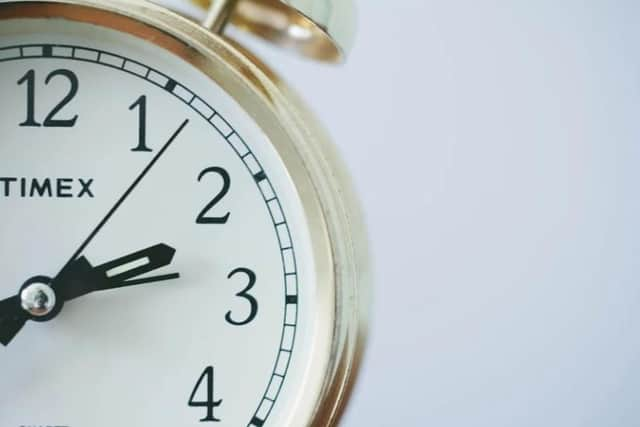When do the clocks go back in 2021?
and live on Freeview channel 276
Every year on the last Sunday of October the clocks go back one hour meaning lighter mornings but darker evenings.
This year the last Sunday of October falls on Halloween (the 31st) giving the milestone a spooky twist, but why do the clocks change?
Advertisement
Hide AdAdvertisement
Hide AdDaylight Saving Time (or British Summer Time' as it's known in many parts of the world) was created to make better use of the long sunlight hours of the summer. By 'springing' clocks forward an hour in March, we move an hour of daylight from the morning to the evening.


The British Summer Time Act was created in 1972 which started the tradition of changing the clocks in late March (subject to the date of Easter) and late October.
Approximately 70 countries utilise Daylight Saving Time in at least a portion of the country. Japan, India, and China are the only major industrialised countries that don't observe some form of daylight saving.
Equatorial and tropical countries generally do not observe Daylight Saving Time. Since the daylight hours are similar during every season, there is no advantage to moving clocks forward during the summer.
Click here for a full list of countries that observe Daylight Saving Time.